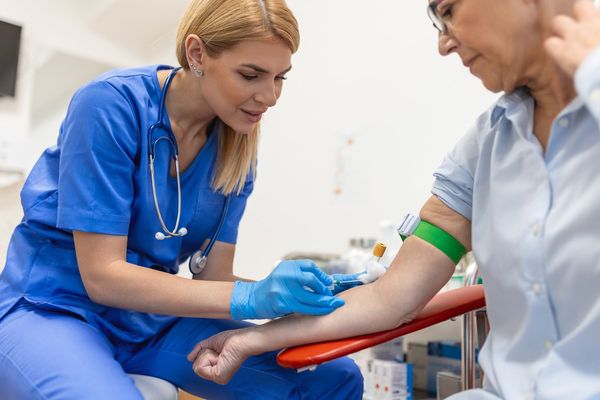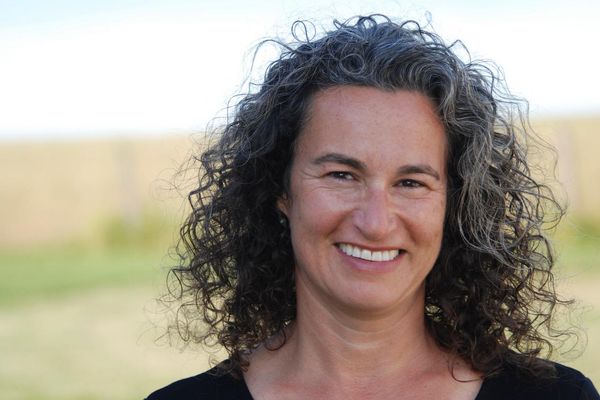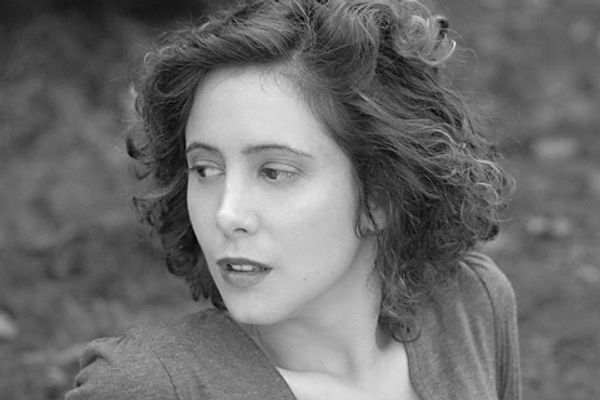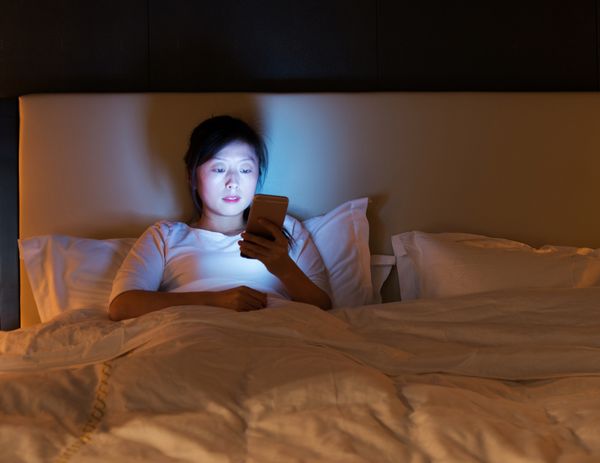Q:
I'm 49 and having periods every couple of months. I'm also having hot flashes. What's the best remedy?
A:
You should first try non-drug measures: get more exercise, stop smoking, learn stress-reduction techniques. If none of these work and hot flashes are really interfering with your normal functioning, your doctor may suggest medication. As long as you're ovulating and could get pregnant, you still need to worry about contraception. A low-dose birth-control pill would solve both problems for now. Generally, doctors do not prescribe menopausal hormone therapy for women in your situation because the estrogen wouldn't be potent enough to inhibit ovulation and you could still get pregnant.
Many women in their 40s and 50s may be reluctant to take birth-control pills because they remember that, many years ago, the pills were considered dangerous if you took them after age 35. That's no longer the case. Today's lower-dose pills are considered safe for midlife women who need contraception, as long as they don't smoke and are not at risk for blood clots. And birth-control pills can have some health benefits as well. Research has shown that they may reduce the risk of ovarian cancer, endometrial cancer, and pelvic inflammatory disease.
- How to Tame a Hot Flash (No Hormones Required) ›
- How Hot Flashes Affect Sleep ›
- The Anatomy of a Hot Flash ›
- From Hot Flashes to Night Sweats, a Rundown of Vasomotor Symptoms During Menopause ›
- Keep Hot Flashes at Bay When Bundled Up ›
- 8 Ways to Deal With Hot Flashes in the Heat (Or Is-It-Hot-In-Here-or-Is-It-Just-Summer?) ›







